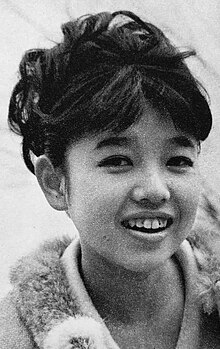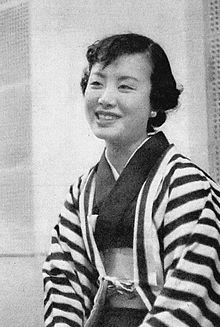| 18th Japan Record Awards | |
|---|---|
 | |
| Date | December 31, 1976 |
| Venue | Imperial Garden Theater, Tokyo |
| Hosted by | Keizo Takahashi |
| Television/radio coverage | |
| Network | TBS |
The 18th Annual Japan Record Awards took place at the Imperial Garden Theater in Chiyoda, Tokyo, on December 31, 1976, starting at 7:00PM JST. The primary ceremonies were televised in Japan on TBS.
Contents
- Winners
- Japan Record Award
- Best Vocalist
- Best New Artist
- Singing Award
- General Public Award
- New Artist Award
- Composer Award
- Arranger Award
- Lyricist Award
- Special Award
- Nominations
- Best 10 JRA Nominations
- New Artist
- General Public Award 2
- Lyricist Award 2
- Composer Award 2
- Arranger Award 2
- Planning Award
- Special Award 2
- External links

